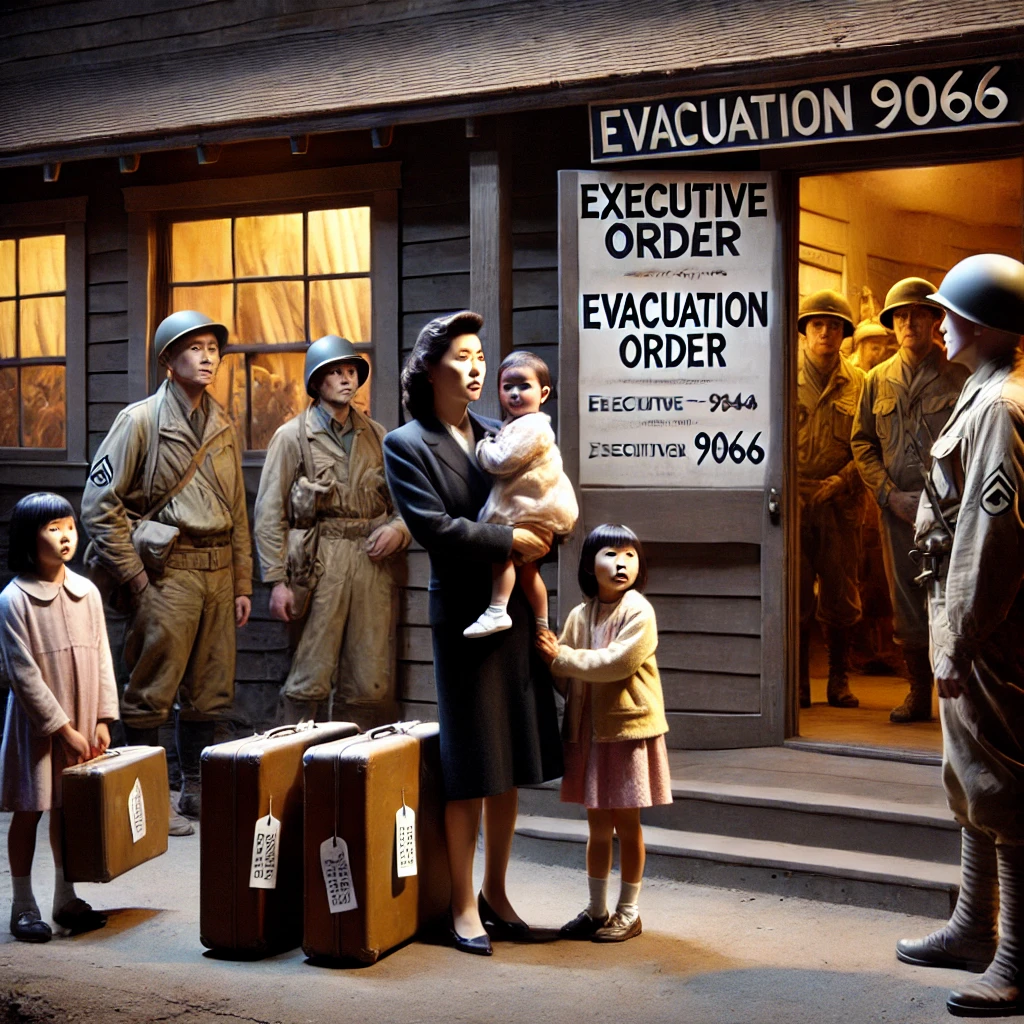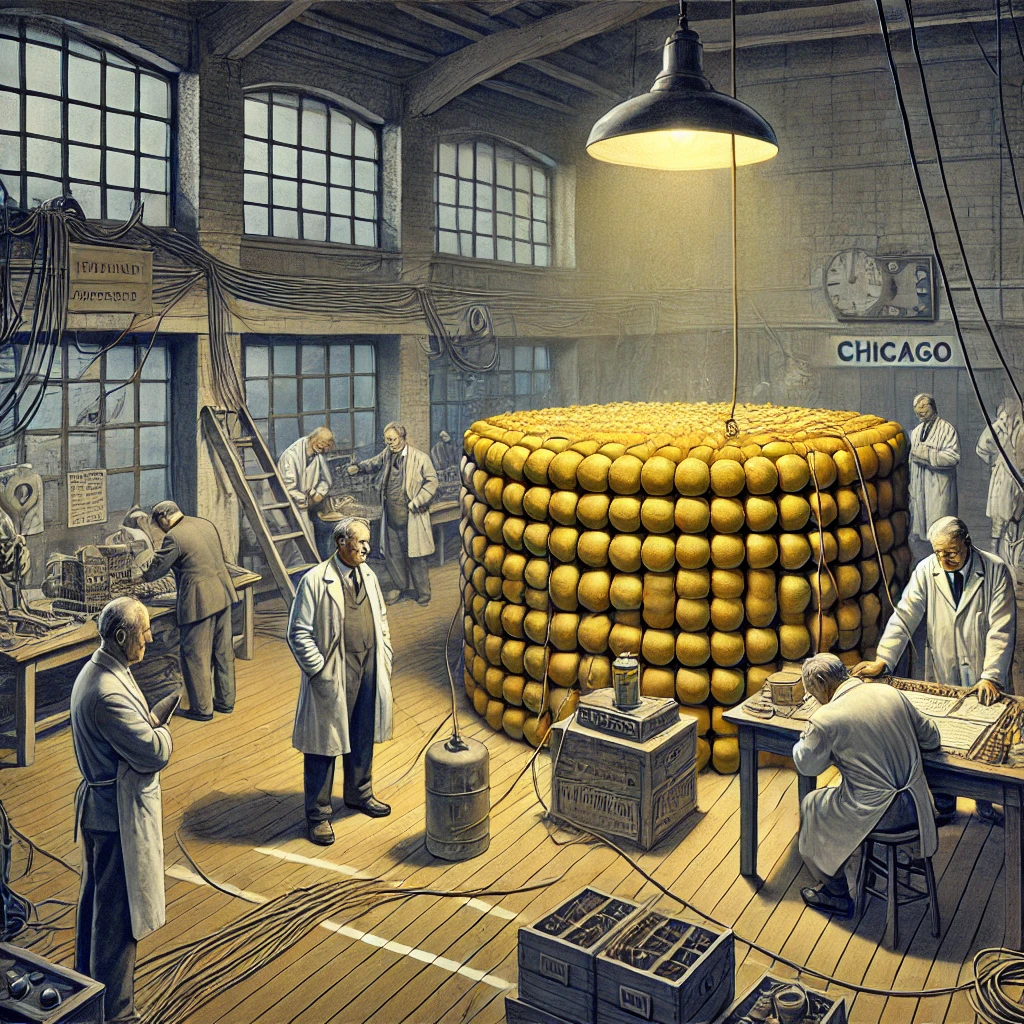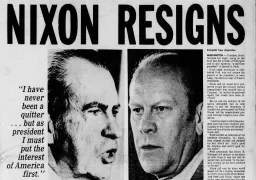Executive Order 9066: A Dark Chapter in American History

A dark chapter in American history unfolded on February 19th, 1942, as President Franklin D. Roosevelt signed Executive Order 9066, authorizing the forced relocation and internment of over 120,000 Japanese Americans during World War II. The internment camps remain a symbol of civil rights violations and wartime hysteria. This decision, driven by fear and prejudice, […]
A Quantum Leap: The First Controlled Nuclear Chain Reaction

On December 2, 1942, a revolutionary moment in human history unfolded in a squash court beneath the University of Chicago’s football stadium. Under the leadership of physicist Enrico Fermi, a team of brilliant scientists successfully initiated the first controlled nuclear chain reaction. This groundbreaking achievement, code-named Chicago Pile-1 (CP-1), marked the birth of the Atomic […]
“Casablanca”: A Wartime Romance That Defined Cinema
On November 26, 1942, the classic film Casablanca premiered in New York City, captivating audiences with its compelling mix of romance, intrigue, and wartime drama. Starring Humphrey Bogart as the stoic nightclub owner Rick Blaine and Ingrid Bergman as the enchanting Ilsa Lund, the film has become one of the most beloved and iconic movies […]
Anne Frank’s Family Takes Refuge
On July 6, 1942, Anne Frank and her family went into hiding in the secret annex of an office building in Amsterdam to escape Nazi persecution during World War II. The Frank family’s life in hiding, which Anne documented in her now-famous diary, provides a deeply personal insight into the fear, hope, and daily struggles […]
Anne Frank Receives a Diary
On her 13th birthday, June 12, 1942, Anne Frank received a diary. She began to write in it just a few days later, documenting her life, thoughts, and experiences hiding from the Nazis in occupied Amsterdam during World War II. Anne’s diary offers a deeply personal insight into the hardships faced by Jews during the […]
The Battle of Midway Begins
The Battle of Midway, one of the most decisive battles of World War II, began on June 4, 1942. This pivotal encounter between the American fleet and the Imperial Japanese Navy occurred near the Midway Atoll. The battle significantly altered the balance of power in the Pacific, as American forces succeeded in destroying four Japanese […]
Gasoline Rationing During World War II
On May 15, 1942, seventeen U.S. states began rationing gasoline as part of the wartime effort to conserve fuel during World War II. This measure reflected the broad impact of the war on daily life in the United States and was part of a larger system of rationing that included food and other commodities. Gasoline […]
Battle of Cape Esperance

In the Battle of Cape Esperance, near the Solomon Islands, U.S. cruisers and destroyers decisively defeat a Japanese task force in a night surface encounter.
Airborne Troops

U.S. Army adopts airborne, or parachute, soldiers. Airborne troops were later used in World War II for landing troops in combat and infiltrating agents into enemy territory.
